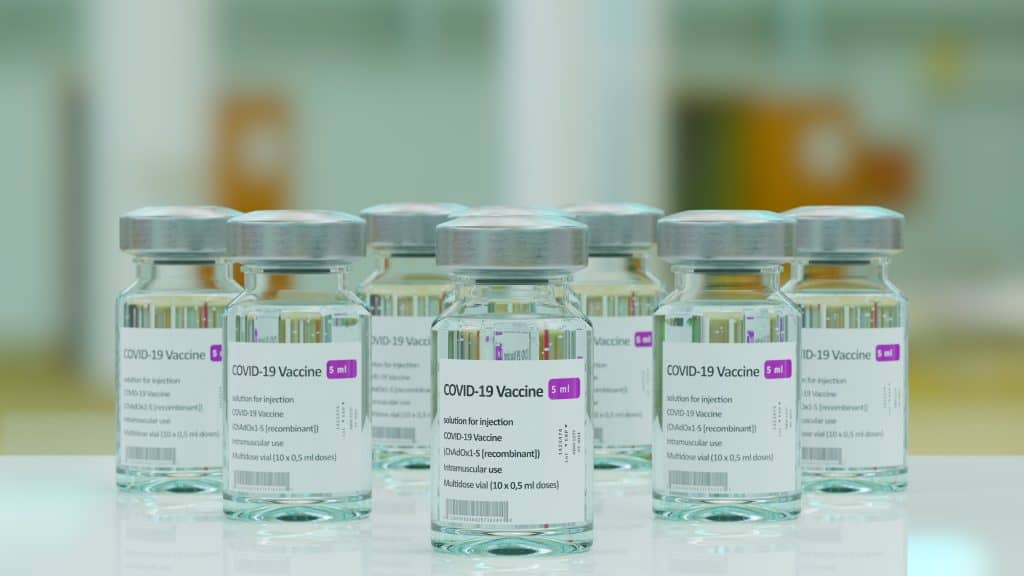
FDA expands Pfizer COVID-19 booster shot EUA for children aged 12-15
pharmafile | January 4, 2022 | News story | Manufacturing and Production |
The FDA has bypassed its advisory panel and extended its Emergency Use Authorisation (EUA) for Pfizer BioNTech’s COVID-19 booster vaccine to include adolescents aged 12 years and older. The FDA is additionally amending the EUA, reducing the time between the completion of initial dosing regimen and booster vaccination, to five months. The agency has also allowed for a third primary series dose for certain immunocompromised children aged five through 11 years of age.
“Throughout the pandemic, as the virus that causes COVID-19 has continuously evolved, the need for the FDA to quickly adapt has meant using the best available science to make informed decisions with the health and safety of the American public in mind,” said Acting FDA Commissioner Janet Woodcock, MD. “With the current wave of the omicron variant, it’s critical that we continue to take effective, life-saving preventative measures such as primary vaccination and boosters, mask wearing and social distancing in order to effectively fight COVID-19.”
The agency has determined that the protective health benefits of a single booster dose of the Pfizer-BioNTech COVID-19 Vaccine to provide continued protection against COVID-19 and the associated serious consequences that can occur including hospitalisation and death, outweigh the potential risks in individuals 12 through 15 years of age.
Additionally, peer-reviewed data from multiple laboratories indicate that a booster dose of the Pfizer-BioNTech COVID-19 Vaccine greatly improves an individual’s antibody response to be able to counter the omicron variant. Authorising booster vaccination to take place at five months rather than six months may therefore provide better protection sooner for individuals against the highly transmissible omicron variant.
Children aged five to 11 years of age, who have undergone solid organ transplantation, or who have been diagnosed with conditions that are considered to have an equivalent level of immunocompromise, may not respond adequately to the two-dose primary vaccination series. The FDA has therefore also ruled that a third primary series dose may be given to this group. This will now allow these children to receive the maximum potential benefit from vaccination.
Ana Ovey






